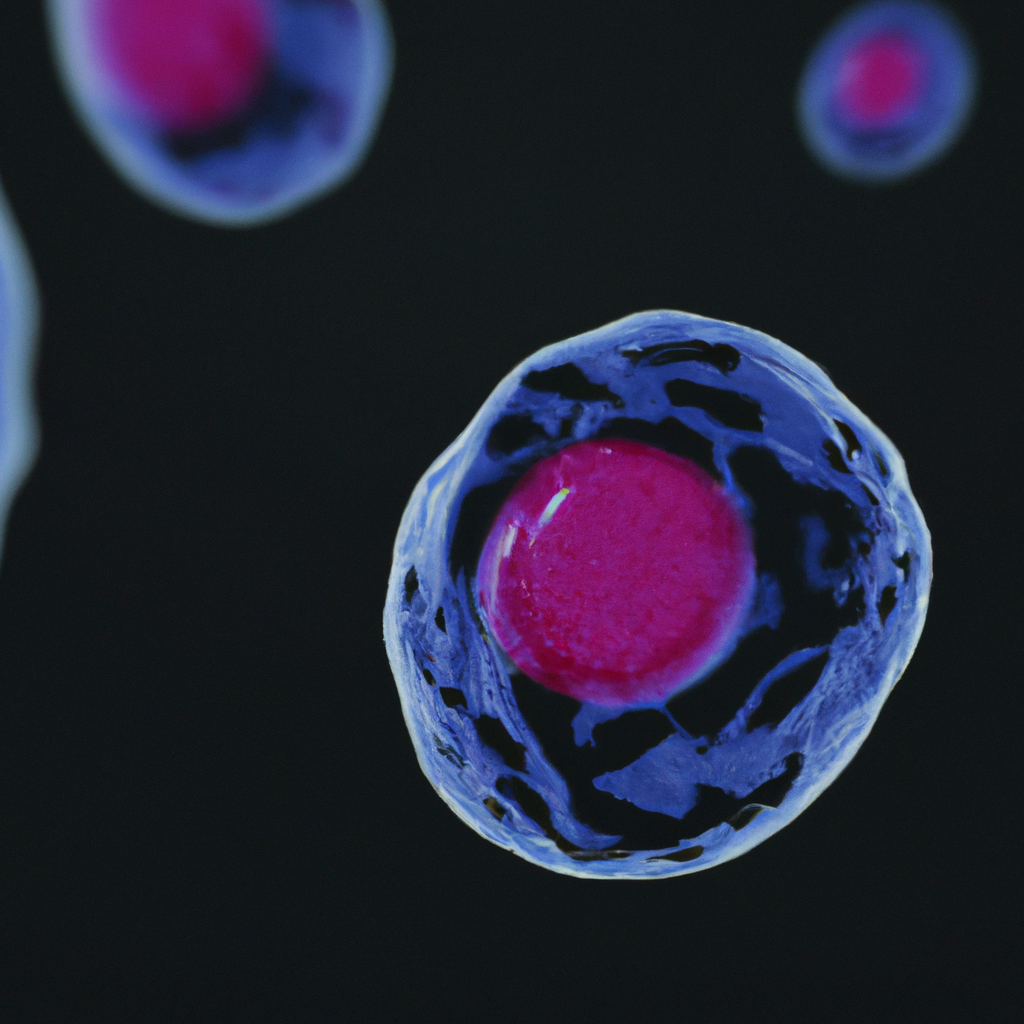Autophagy is a natural process that occurs within our cells to remove damaged or unnecessary components, recycle them, and generate new energy and building blocks for the cell. This process is essential for cellular homeostasis, metabolism, and growth, and it plays a critical role in human health, disease prevention, and longevity. In this article, we will explore the role of autophagy in human health and how it affects various aspects of our physiology, including metabolism, immune system, cellular repair, and development.
Metabolism and Energy Balance
Autophagy plays a crucial role in regulating metabolism and energy balance by providing cells with a source of nutrients and energy during periods of fasting, nutrient deprivation, or stress. Autophagy allows cells to break down and recycle their own components, including proteins, lipids, and glycogen, and convert them into glucose or other energy sources that can be used to fuel cellular processes. This process is particularly important in the liver, where autophagy can help maintain blood glucose levels and prevent hypoglycemia during fasting or exercise.
Moreover, autophagy can also regulate mitochondrial function and biogenesis, which are critical components of energy metabolism. Mitochondria are the powerhouses of the cell, and they generate ATP, the primary energy currency of the cell. Autophagy can remove damaged or dysfunctional mitochondria and stimulate the production of new and healthy mitochondria, which can improve cellular energy production and reduce oxidative stress.
Immune System and Inflammation
Autophagy also plays a crucial role in regulating the immune system and preventing inflammation. Autophagy can remove intracellular pathogens, such as viruses, bacteria, and fungi, and present them to immune cells for recognition and elimination. Autophagy can also regulate the function of immune cells, such as T cells, B cells, and macrophages, by controlling their activation, differentiation, and survival. This process is critical for maintaining immune homeostasis and preventing autoimmune diseases.
Furthermore, autophagy can regulate the production and secretion of cytokines, which are signaling molecules that mediate inflammation. Autophagy can prevent the accumulation of damaged or dysfunctional proteins and organelles that can trigger inflammation and promote the development of chronic diseases, such as cancer, neurodegenerative diseases, and metabolic disorders.
Cellular Repair and Development
Autophagy also plays a critical role in cellular repair and development, particularly in response to stress and damage. Autophagy can remove damaged or misfolded proteins, organelles, and DNA, and prevent their accumulation, which can cause cellular dysfunction and death. Autophagy can also stimulate the production of new proteins, lipids, and organelles, which can repair and regenerate damaged cells and tissues.
Moreover, autophagy can regulate cell growth and development by controlling the activity of signaling pathways, such as mTOR, AMPK, and PI3K. These pathways are critical for regulating cell proliferation, differentiation, and survival, and they are often dysregulated in cancer and other diseases. Autophagy can inhibit the activity of these pathways and promote cellular quiescence and differentiation, which can prevent the development of cancer and other diseases.
Longevity and Aging
Finally, autophagy has been implicated in the regulation of longevity and aging, both in model organisms and humans. Autophagy can extend lifespan and improve healthspan by promoting cellular homeostasis, preventing the accumulation of damaged components, and stimulating cellular repair and regeneration. Autophagy can also protect against age-related diseases, such as neurodegeneration, cancer, and metabolic disorders, by preventing the accumulation of toxic aggregates and promoting cellular resilience.
In conclusion, autophagy is a critical cellular process that plays a vital role in human health, disease prevention, and longevity. Autophagy regulates metabolism, immune system, cellular repair, and development, and it can protect against age-related diseases and promote healthy aging. Understanding the role of autophagy in human health can provide new insights into the pathogenesis of diseases and the development of new therapeutic strategies for their prevention and treatment.







